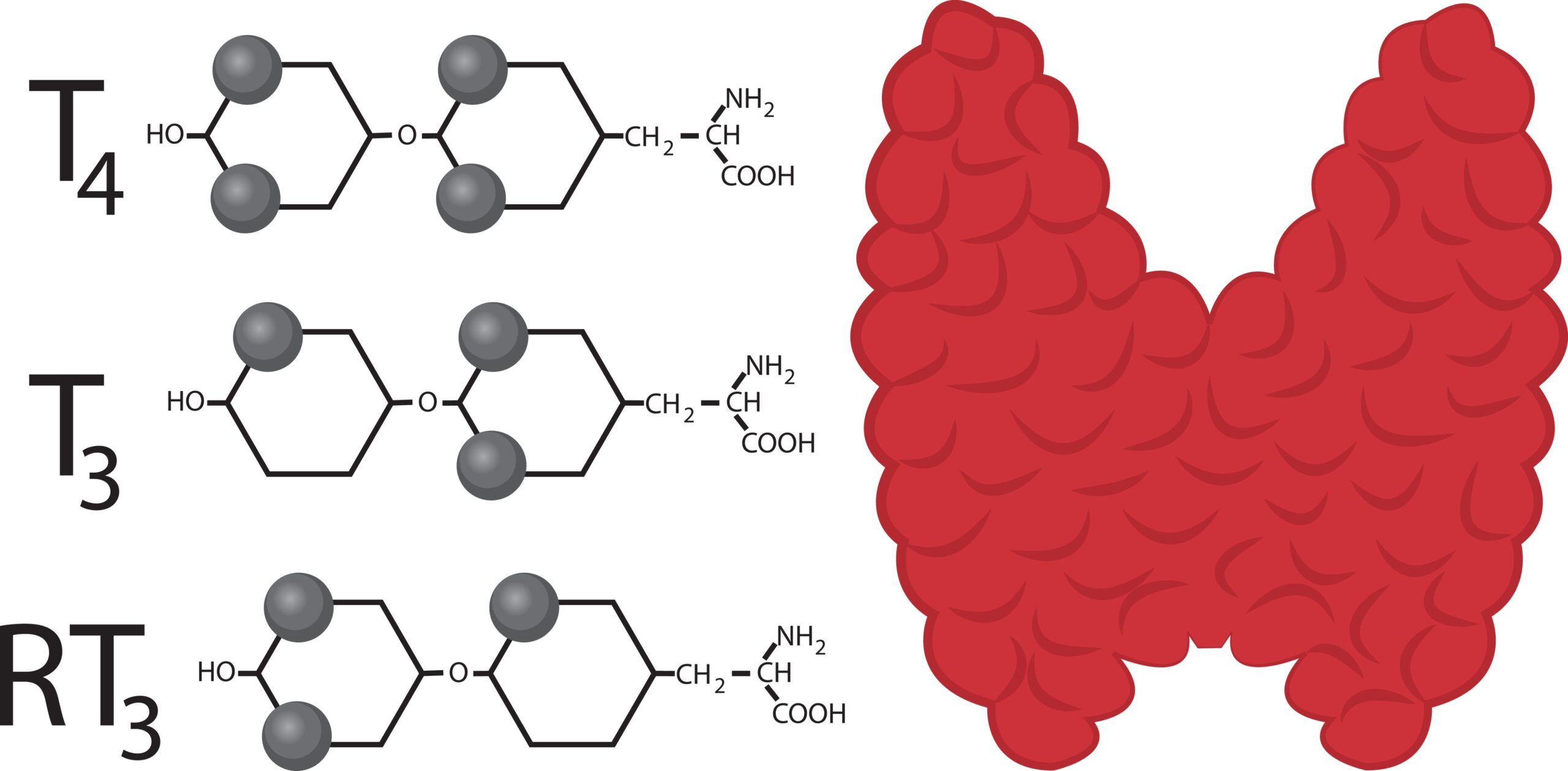It’s said that whenever we talk about calories we disregard hormones.
Funny enough, it’s the exact opposite.
Energy balance is affected by hormones and vice versa. It’s a matter of influence that goes in both ways, not a one-direction path.
What’s more, energy balance is based on certain things like how many calories does your body burn at rest (because it needs calories just to keep you alive) or the type of food you’re eating (recall TEF?), as well as other factors that are influenced by hormones.
Does this mean that you should rather disregard calories and rather focus on hormones?
Not at all, and by doing so it’s like trying to focus and control the effect of something rather than the cause.
To have a better understanding of this scope, let’s look at 2 hormones in specific that are of great importance when it comes to fat loss: ghrelin and leptin.
Ghrelin is the hormone that controls hunger/appetite in your body. It’s produced in the stomach, and it sends signals to the brain whenever it feels it’s hungry.
(As a rule of thumb, when we have a lot of weight to lose we have lower ghrelin levels, while underweight individuals have it higher.)
Leptin is the hormone that controls satiety, produced on the fat cells, and tells your brain that you have enough energy in the form of adipose tissue to survive.
Whenever we are on a deficit (eating less from what we’re burning), we are telling the body that we want to use the current resources that we have as energy.
Well, guess what happens with your hormones?
Ghrelin (the hunger hormone) sends the signal to the brain that there’s not enough food and that you need to feed your body, or else you might die – probably not literally today, but that’s how it was back with our ancestors.
In the meantime, leptin knows it has enough resources to fuel that deficit, but if it doesn’t work properly (like when we have damaged it after trying so many diets in the past)… it won’t communicate that to your brain, thus making you eat more even when you’re satiated.
Both ghrelin and leptin have a negative relationship – so while one is up, the other one is down and vice versa.
What’s more, if the brain doesn’t signal that it has enough resources to survive, it proceeds to start spending less energy on its daily activities to preserve more of it as a reserve (you know, just so that you can survive).
So if you add up all of this, it’s the recipe for disaster.
And this is exactly part of the vicious cycle many people who are constantly dieting experience.
So to finish this cycle, you should focus on your calories.
It’s simple said than done, but when you get your calories nailed down you don’t have to worry about hormones since they would be taken care of it as well.
Now, if you would like to know in greater detail how to do this and what you need to make it happen, then you’re gonna want to sign up below where I give you daily email tips to do it (and a Free guide when you sign up as well):
Ivan @ Fitnessthetic
